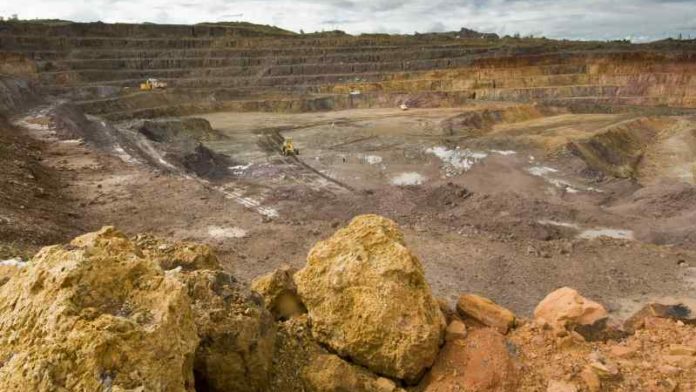
A DECISION by Katanga Mining, a Toronto-listed company which is also a subsidiary of Glencore, to halt cobalt exports until the third quarter of next year after finding trace of uranium in the mineral would benefit the Swiss trader, according to an analyst.
“Depending on the magnitude of any price reaction on the wider cobalt market, this could, perversely, work out to be an economic benefit for Glencore,” said Tyler Broda of RBC Capital Markets in a note on November 6.
The cobalt is mined from Kamoto Copper Company situated in the Democratic Republic of Congo.
The delay in exports would be “… offset by the impact on the cobalt price to revenues coming from Mutanda and other cobalt production in Glencore globally,” said Broda. “Our published estimates anticipate that Glencore will produce 22,000 tonnes of cobalt between Q3 2018 and Q2 2019. At spot prices, this would account for a delay of $700m of revenues.
“But this also accounts for, on an annualised basis, 25% of the world’s cobalt supply (30kt of 120kt),” said Broda. “Over this period, Mutanda will produce 16.5kt and nickel will produce 5.0kt as a by-product. Assuming there are no uranium issues that this uncovers elsewhere, this production will benefit from any positive price impact,” he said.
Shares in Katanga Mining closed some 24% down in Toronto on Tuesday following its announcement in which it also said an Ion Exchange system would have to be built a cost of around $25m in order to remove the uranium.











